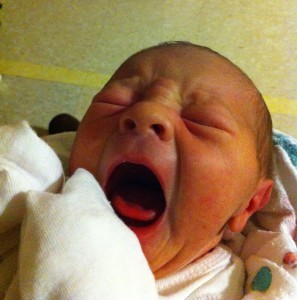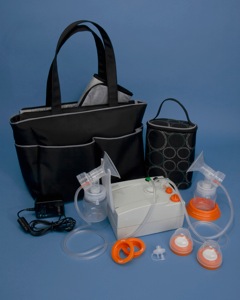When a woman thinks of birth and breastfeeding she expects it to be the happiest time of her life. Occasionally, to a mother’s dismay, she finds that breastfeeding brings on new challenges, feelings and experiences. She may experience feelings of pain with breastfeeding, or an unexplainable twist in her gut when her milk lets down. Unable to justify or validate what she is feeling leaves her at a loss and feeling confused. These feelings may be the result of a condition known as D-MER. D-MER stands for Dysmorphic Milk Ejection Reflex and it is treatable.
D-MER is caused by a drop in dopamine activity when oxytocin rises which creates a feeling of dysphoria in the mother (D-Mer.org). It is a physiological disorder, not a mental disorder. To understand D-MER better I have interviewed Renee Beebe, IBCLC. Renee Beebe is an International Board Certified Lactation Consultant who works with mothers who may be exhibiting symptoms of D-MER.



 Breastfeeding does not require any special equipment. All you really need is a baby, and your breasts! But for a breastfeeding mother who needs to be away from her baby for work or school, a high quality professional-grade breast pump is essential! It can help her maintain her milk production, and provide breast milk to her baby, even though she can’t always be there in person.
Breastfeeding does not require any special equipment. All you really need is a baby, and your breasts! But for a breastfeeding mother who needs to be away from her baby for work or school, a high quality professional-grade breast pump is essential! It can help her maintain her milk production, and provide breast milk to her baby, even though she can’t always be there in person.